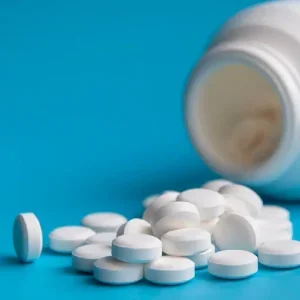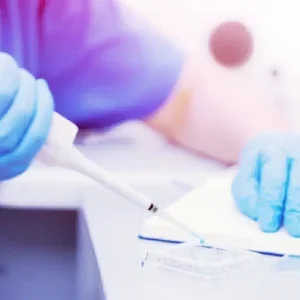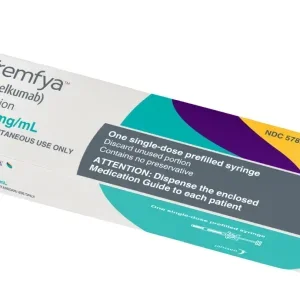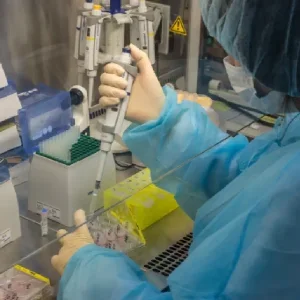Agios Pharmaceuticals has signed an agreement with Alnylam Pharmaceuticals to acquire the exclusive global rights to develop and commercialise Alnylam’s novel siRNA targeting TMPRSS6 to treat Polycythemia Vera (PV).
The agreement combines Agios’ scientific expertise and capabilities in rare hematologic diseases, and Alnylam’s siRNA platform, for the development of the siRNA programme.
Under the terms of the agreement, Alnylam will receive a $17.5m upfront payment, in exchange for an exclusive global right to the TMPRSS6 siRNA programme.
Also, the pharmaceutical company is eligible to receive up to $130m in potential future development and commercial milestone payments and royalties from the product sales.
Agios will be responsible for carrying out all the development, regulatory, and commercial activities and costs related to the programme.
Alnylam will provide manufacturing support for Phase 1 development, after which Agios will take full responsibility for manufacturing.
Agios CEO Brian Goff said: “We are pleased to license this program from Alnylam, the leading RNAi therapeutics company, with the goal of delivering a convenient, disease-modifying treatment option that addresses the underlying pathophysiology of PV and reduces or eliminates the need for phlebotomy.
“This program is highly aligned with our core scientific expertise, clinical development and commercial capabilities in rare haematology as well as our business development strategy to expand beyond our industry-leading pipeline of PK activators.
“We look forward to initiating IND-enabling studies this year with the aim of delivering a transformative treatment option for this patient community with profound unmet need.”
PV is a rare hematologic disease, where excessive production of red blood cells leads to high blood volume and viscosity, which may result in thrombosis, cardiovascular events, and death.
The siRNA candidate works by targeting the knockdown of TMPRSS6, which plays an important role in the production of red blood cells.
It helps increase hepcidin levels, which reduces iron available to the hematopoietic compartment, to reduce red blood cell production.
The approach has the potential to maintain haematocrit within the normal range and reduce the risk of complications in individuals living with PV.
TMPRSS6 siRNA has shown a low off-target activity, a favourable safety profile in rats, and a 90% knockdown of TMPRSS6 mRNA over three months in non-human primates.






